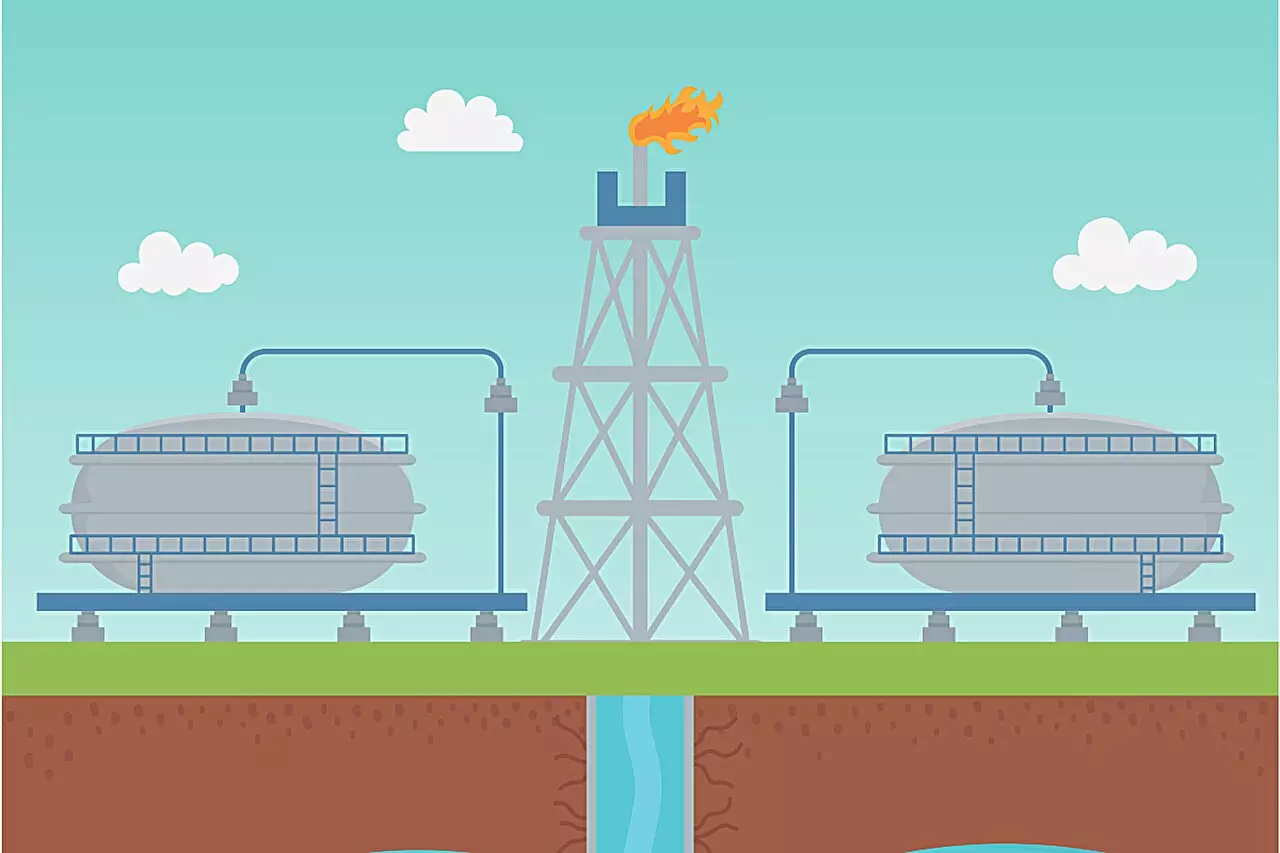The method of hydraulic fracturing, commonly known as fracking, has become a focal point of environmental and economic discourse in recent years. However, beneath its technical surface lies a fundamental issue concerning land negotiations between energy companies and landholders. According to a recent study led by Binghamton University researchers, the tactics employed by energy firms exhibit a concerning blend of persistent pressure, personalized outreach, and legal compulsion in their pursuit of mineral rights. This article aims to delve into the findings of this critical research and to weigh the implications for both policymakers and affected communities.
Fracking is typically conducted on private land, necessitating negotiations with individual landowners who often have diverse motivations for either consenting or resisting offers from energy companies. The study highlights a notable phenomenon: while conventional drilling might afford some security to mineral owners through legal provisions, the expanded reach of fracking complicates this balance. In states like Ohio, where the boom in fracking activity unfolded during the 2010s, compulsory unitization laws enable energy firms to compel landowners to join drilling operations even when they wish to abstain. This coercive legal framework raises ethical questions regarding property rights and consent, as it often overrides the landowners’ personal judgments regarding the risks associated with fracking.
One of the striking aspects identified in the study is the reliance on personalized negotiation tactics by landmen—representatives of energy companies seeking leases. The data drawn from landowner interactions revealed an aggressive and, at times, intrusive approach. In instances where initial consent is declined, these landmen do not hesitate to employ methods ranging from persistent phone calls to physically visiting landowners at home. For example, the study notes scenarios where landmen continue their outreach despite clear refusals or even during sensitive times, such as when a landowner is undergoing medical treatment. These tactics signal a troubling disregard for individual autonomy and highlight a broader pattern where consent is not merely sought but pressured out of landowners.
Compulsory unitization, while originally aimed at promoting fair revenue sharing among mineral owners, has morphed into a tool that can be manipulated to coerce participation in drilling operations. The study’s findings challenge the notion that such legal instruments operate exclusively in the interest of protecting mineral owners from exploitation. Instead, they reveal how the framework can be weaponized to marginalize dissenting voices. The implications of this are profound, suggesting that many landowners are pushed into agreements against their better judgment, which can have lasting repercussions on both their personal and community health.
To evaluate the broader societal implications of these interactions, the research included a survey of 3,000 individuals in the Twin Tiers of New York and Pennsylvania. It aimed to discern public sentiment regarding energy extraction methods, both conventional and renewable. The survey’s findings could potentially illuminate differing perceptions of energy sources and enhance understanding of community values in the face of aggressive extraction practices. As policymakers contemplate regulations surrounding fracking, considering public opinion is essential in forming a cohesive strategy that addresses the apprehensions of landowners and local residents.
The research conducted by Binghamton University underscores the necessity of recognizing the human element involved in energy negotiations. It paints a picture where the relentless pursuit of energy extraction can infringe upon basic rights and freedoms of landowners, often leading to coerced consent rather than genuine agreement. As the debate over hydrocarbon extraction continues, it is imperative that policymakers not only engage with the overarching economic and environmental concerns but also incorporate the lived experiences of those on the front lines. To safeguard both community integrity and environmental well-being, regulations around fracking must strive for a balance that champions transparency, respects individual rights, and aligns energy practices with societal values.

